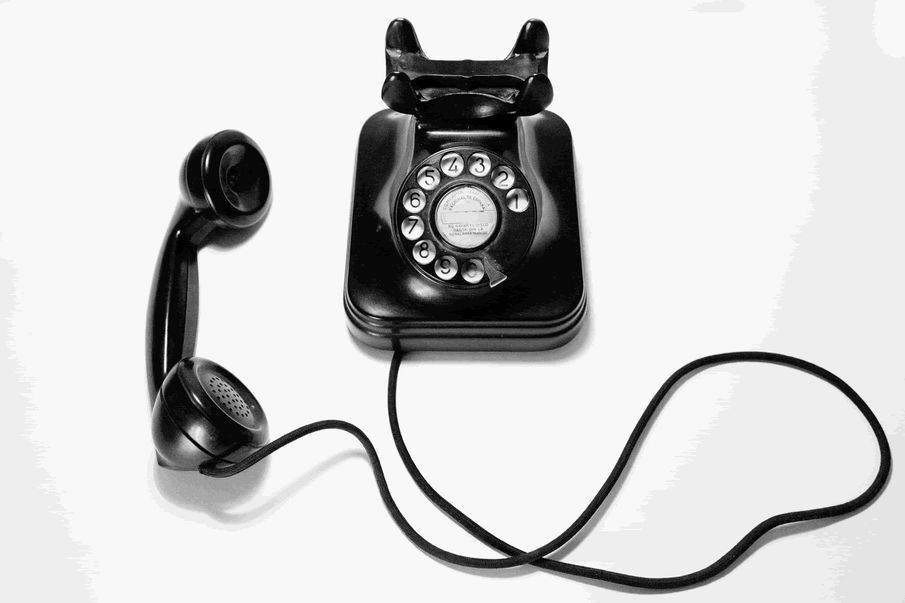New figures reveal that a significantly increased number of viewers have contacted the BBC Action Line in 2019, with viewers seeking support around mental health, emotional distress, and sexual abuse
During 2019, the BBC Action Line received over 1,039,000 visits or calls to its support information services. This is a significant increase from 2018, where the line received 400,000 uses. Sexual abuse, emotional distress, and mental health-related issues drove the most audience requests.
The BBC Action Line was created to provide information for audiences affected by issues covered in BBC audio and visual programmes. This includes radio dramas, TV series and one-off specials, documentaries, dramas, and awareness campaigns. The BBC additionally runs a number of permanent information lines for some issues including eating disorders, domestic abuse, and mental health.
Thank you to all those who watched, ‘Crisis in Care - Part 2: Who Pays?’
— Panorama 🌐 (@BBCPanorama) June 5, 2019
If you were affected by any of the issues in tonight’s programme, you can visit the BBC’s Action Line page below for information and support.
https://t.co/uSprf3SZIW
Throughout the year, the BBC created a concentrated focus on mental health and wellbeing awareness, resulting in over 83,000 calls and visits to their Mental Health Action Line. The BBC Mental Health season included a number of documentaries, films and series, including Nadiya Hussain on Anxiety and Me, Alastair Campbell: Depression and Me, and Louix Theroux’s documentary on postpartum psychosis in Mothers on the Edge.
Controller of Factual Commissioning, Alison Kirkham, commented: “The BBC has a long commitment to tackling mental health issues in our programmes. The volume of calls and visits to the BBC Action Line – as well as the increase in contacts received by mental health charities – shows the impact of these films and highlights just how important it is to raise awareness and bring the conversation out into the open.”
BBC Three documentary Jesy Nelson: Odd One Out, released in March 2019, broke BBC Three viewing records for factual titles with over 2.7 million views on iPlayer to date, 3.25 million views on BBC One, and generating over 8,000 Action Line support visits. Focusing on Little Mix member Jesy Nelson and her experience with cyberbullying and social media abuse, the documentary went on to spark a national debate about these issues.
Further increases in BBC audiences reaching out for support have been seen across other issues, including emotional distress (148,185), addiction (39,241) and eating disorders (13,428). Storylines in popular BBC programming including Holby City, Ambulance, and Louis Theroux’s Altered States are thought to have provoked much of this increase in engagement.
Head of Editorial and Complaints in Audience Services, Keith Jones, commented: “These programmes and figures show what important public services our Action Lines are. They’re a partnership with the many organisations which exist to support those with issues highlighted in our coverage. We’re so grateful to them for their involvement and that we can offer viewers and listeners support about these important, often distressing subjects.”
In addition to supporting members of the public affected by these big issues, the BBC has also taken steps to become more inclusive and supportive of staff. Their ‘Open Up’ awareness campaign earlier this year helped position mental health as a central topic for staff and management alike, while their week filled with Wellbeing Live events in October helped to further drive the conversation.
As part of the BBC’s wider approach to mental health, the Mental Health First Aid programme (first rolled out across the BBC in 2014) has since seen over 1,000 Mental Health First Aiders trained, with over 500 staff becoming MHFA trained this year alone.
Read information on Mental Health First Aider training or find out how you can become a trained Mental Health First Aider.
Visit our Where to Get Help page for help and support on sensitive issues.


Comments